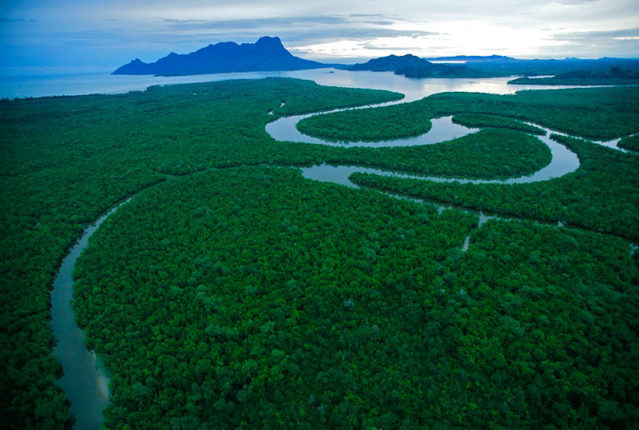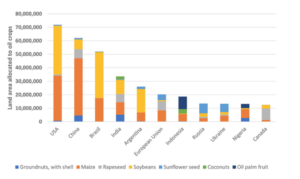
We are citizens, and every day, we promote sustainability with a very specific goal: to reduce the impact of human activities on the environment, to try and achieve the perfect balance between nature and human beings.
A new study by the Norwegian University of Life Sciences (NMBU) on the moral and ethical issue around the cultivation of the main raw materials confirms this theory, emphasizing how the effects of the human being on the environment largely depend on specific circumstances. There is no binary view of the world in black or white, divided between good and bad, as the extremists of the matter want us to believe.
One of the most cited examples in the study concerns the case of palm oil. According to NMBU researchers Erik Meijaard and Douglas Sheil, the demonization of this product does not have a solid scientific foundation. This oil, as evidenced by various indicators, presents a definitely better sustainability profile than other raw materials. In particular when its production is subjected to high standards and certifications aimed at reducing its effects on nature and biodiversity. The NMBU study, in fact, provides a very significant figure: the industrial-scale conversion of the cultivation of oil palms is associated with less than 0.5% of global deforestation.
Faced with these numbers those who ask to boycott palm oil should stand for the boycott of coffee, chocolate, and coconut. It would be truly coherent and also supported by scientific data. Why don’t they do that?
Siding for the boycott does not contribute to improving the supply chain, nor does it promote sustainability. No other chain of vegetable oils has reached the level of certification and sustainability that palm oil has achieved over the years at the same scale. For this reason, strong opposition to it seems more political and protectionist than ethical.
The world requires vegetable oils. It’s a fact. The research confirms that if palm oil is no longer available, other crops – with yields per hectare well below that of palm oil – would replace it. Which countries would the production move to? The United States, China, and Brazil, which today are among the largest producers of vegetable oils. The oil palm boycott would require more production than other oils, benefiting the more developed economies, where the intensification of agriculture has more significant environmental costs and where deforestation for agriculture took place much earlier than in the tropics and held more of an impact. Is this really an ethical path or one that we should follow?
GRAPH TITLE: Land area allocated to crops used for the production of vegetable oils by the world’s largest producer countries

SOURCE: NMBU 2019
We need to abandon rhetorical extremism if we want to find a balanced solution.
As per what the Norwegian scientists tell us, we emphasize that to achieve this balance it is necessary to keep into account other more factors “human” indicated by the UN in the Sustainable Development Goals (SDGs):
- poverty reduction (objective 1),
- high standards of education and training (objective 4)
- development of economic activities and growth (objective 8)
- reduction of inequalities (objective 10)
- responsible and sustainable consumption and production (objective 12).
These sustainable development goals are designed to be indivisible, which means that all objectives must take priority at the same level. They require a balance between human activity, essential for development, and the nature that surrounds us.
The palm oil supply chain has contributed to the creation of well-being for millions of people, to the reduction of poverty and inequalities, and has guaranteed education and development. A sustainable supply chain, if well planned and well managed, can provide better income and employment, generating investments in innovative services and infrastructures, such as the implementation of new tracking and control systems that use satellite images to: monitor the entire chain of palm oil supply and identify areas at risk of deforestation.
Demonizing this ingredient protects neither forests nor human beings. It does not preserve the environment or reduce poverty. As proved by the scientists at the Norwegian University of Life Sciences.
